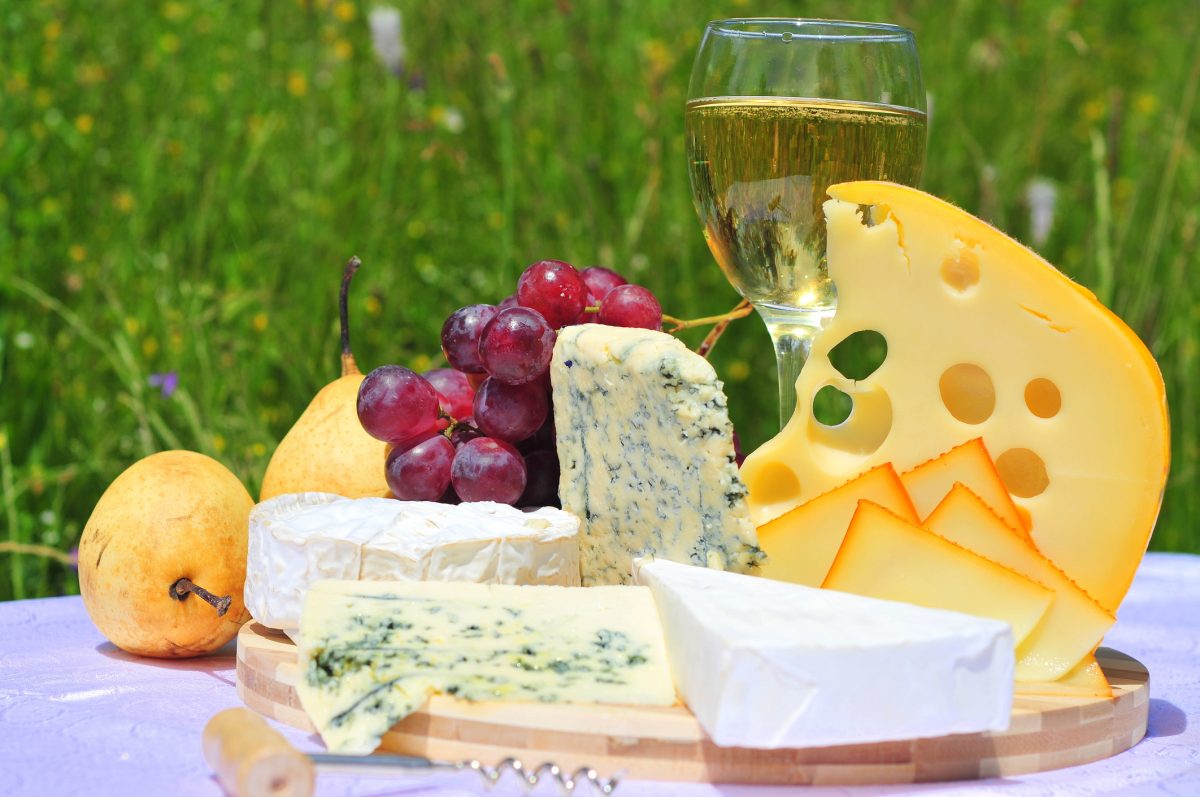From: Canadian Food Inspection Agency and Public Health Agency of Canada
OTTAWA, ON, May 3, 2024 /CNW/ – With recent news of dairy cattle in the United States testing positive for the Highly Pathogenic Avian Influenza (HPAI) and reports of fragments of HPAI detected in pasteurized milk sold in the U.S., we understand that Canadians may be concerned about the safety of milk and milk products.
The Canadian Food Inspection Agency (CFIA), the Public Health Agency of Canada (PHAC) and Health Canada are monitoring this situation closely and would like to reassure Canadians that commercially sold milk and milk products remain safe to consume.
Milk from dairy cows in Canada must be pasteurized before sale. This process kills harmful bacteria and viruses, ensuring milk and milk products are safe to drink and eat. The U.S. Food and Drug Administration announced this week the results of a new study that shows that the pasteurization of dairy products is effective in inactivating the virus that causes HPAI, even when fragments of the virus remain.
HPAI is a reportable disease in Canada. This means any person suspecting a case of HPAI in an animal, whether in poultry or livestock, must report it to the CFIA. Confirmed and probable human cases are also reportable to PHAC.
In addition to the robust protective measures that already exist, the Government of Canada, in collaboration with stakeholders, is expanding its surveillance to manage the possible emergence of HPAI in Canada by:
- requiring negative HPAI test results for lactating dairy cattle being imported from the United States to Canada.
- conducting enhanced testing of milk at the retail level to look for viral fragments of HPAI.
- facilitating the voluntary testing of cows that are not presenting with clinical signs of HPAI to facilitate enhanced industry biosecurity efforts.
If the CFIA becomes aware of any potential food safety or animal health risks, immediate actions will be taken to help protect Canada’s food supply and livestock. These measures complement the existing comprehensive and integrated approach to human surveillance of influenza in Canada, and will inform and support the range of ongoing preparation actions undertaken by PHAC with its partners to protect human health.
While the risk of transmission to humans remains low the Government of Canada, the provinces and territories, as well as our colleagues in the United States, are working together to actively monitor, prepare and respond as necessary to this evolving situation to help safeguard Canada’s cattle and protect the health of people in Canada.
- HPAI is not a food safety concern. Canada has been managing the outbreak of avian influenza since its first detection in poultry here in December 2021. There is no evidence to suggest that eating cooked poultry or eggs could transmit HPAI to humans. It is safe to consume fully cooked poultry and eggs.
- As a result of finding HPAI in dairy cattle in the U.S. CFIA enhanced import requirements on dairy cattle from the U.S. as of April 29, 2024.
- Canada already has specific import requirements in place to prevent the introduction of animal diseases into the country to help protect its people, animals and plants. Import conditions for cattle can be found in the policy Requirements for Breeding Cattle Imported from the United States to Canada.
- Ongoing federal preparedness actions for HPAI span the continuum from monitoring/surveillance and risk assessment, laboratory capacity, updated guidance and communications, science coordination, and medical countermeasure readiness.
- Highly pathogenic avian influenza (HPAI) in livestock
- Avian Influenza
- Fact Sheet – Avian Influenza
- Animal biosecurity
- Importing food to Canada: general requirements
- Updates on Highly Pathogenic Avian Influenza (HPAI) (FDA)
- Avian Influenza A(H5N1): For health professionals
- Avian influenza A(H5N1): Symptoms and treatment
- Avian influenza A(H5N1): Prevention and risks – Canada.ca
- AI wildlife handling guidance webpage
- Rapid Risk Assessment: Avian influenza A(H5N1) clade 2.3.4.4b in livestock
Twitter: @InspectionCan
Facebook: CFIACanada
LinkedIn: Canadian Food Inspection Agency
SOURCE Canadian Food Inspection Agency (CFIA)

Featured image: Megapixl © Imaengine







